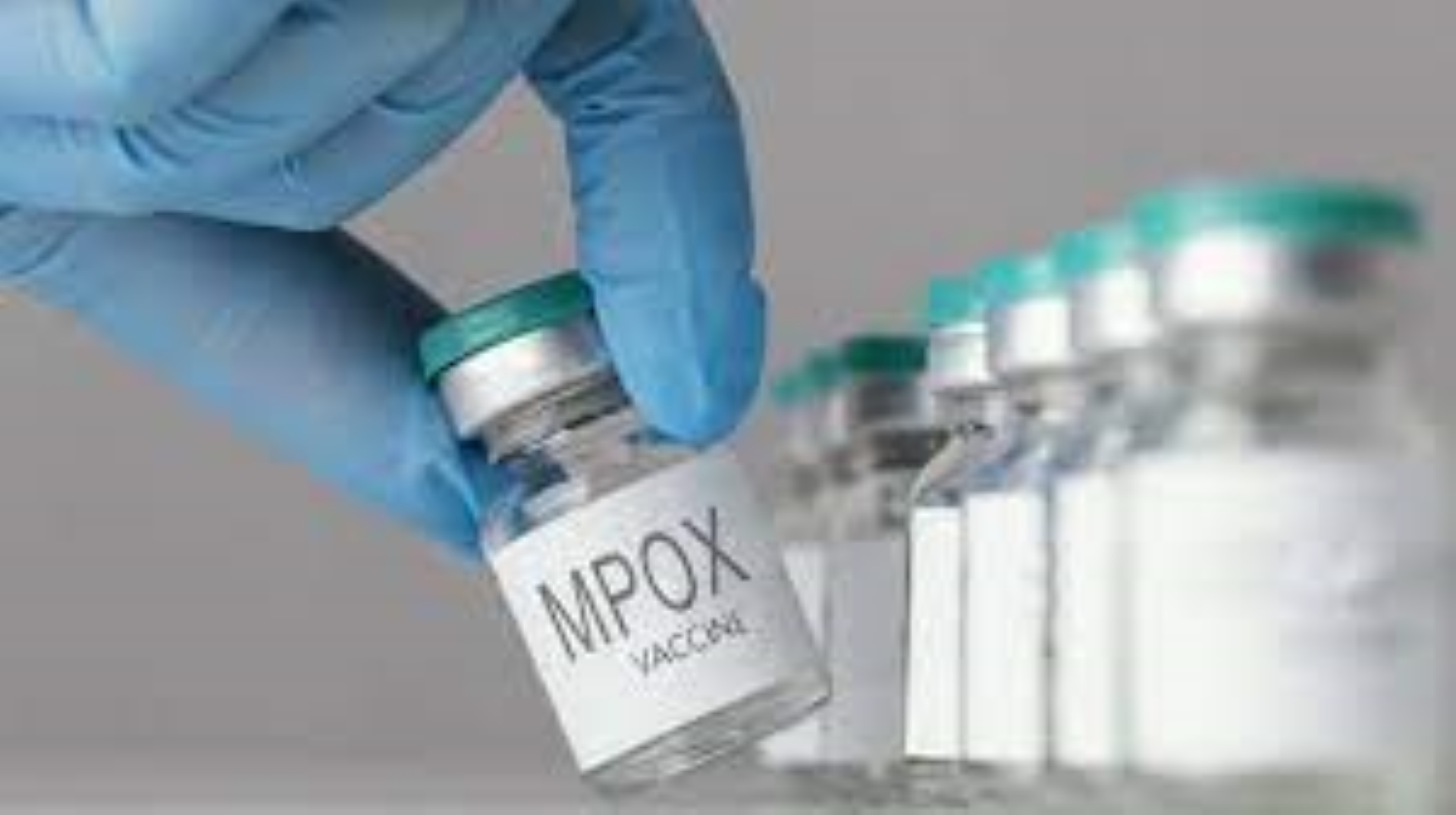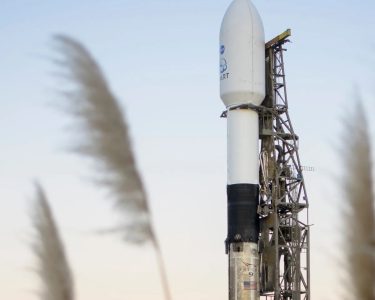The first sets of mpox vaccines, donated by Western nations, have finally started to arrive in the Democratic Republic of the Congo after months of logistical delays.
The World Health Organization (WHO) raised the alert level to its highest last month due to a new mpox outbreak that is centered in this country of Central Africa. Over 20,000 cases of mpox have been reported in 2024, and over 500 individuals have passed away from the disease. In addition to some European and Asian countries, the virus is found in thirteen African countries.
But the DRC and other African countries don’t make the vaccines needed to stop the mpox from spreading and eventually contribute to its extinction. Rather, the nations at the center of the health catastrophe have been forced to depend on foreign pledges of vaccine donations.
The only nations that produce the mpox vaccine are Japan and Denmark. Due to administrative delays, promised donations from Japan to the DRC did not materialize in August, according to officials. About 99,000 pills were provided to the DRC by the European Union last Thursday, while 50,000 doses were sent by the United States through USAID on Tuesday. The Danish pharmaceutical company Bavarian Nordic provided the vaccinations.
The 100 million-person Democratic Republic of the Congo (DRC) intends to implement the doses in the most affected areas, South Kivu and Equateur.
The DRC’s vaccination dilemma is similar to what most African nations encountered during the COVID-19 outbreak. Rich nations like the US at the time funded the research and production of vaccinations but also purchased the majority of the supply, leaving African nations to rely on subsidized supplies that, according to many experts, took far too long to reach.
A scenario in which wealthy nations contract with pharmaceutical companies to provide vaccines to their citizens before other countries can use them.
Dr. Khan continued, “That mindset is incredibly shortsighted” because viruses transcend national boundaries and necessitate an international response.
The following explains the reason behind Africa’s vaccine manufacturing issue and what certain states are doing to address it:
What is Africa’s potential for producing vaccines?
According to the WHO, less than 2 percent of the vaccinations used on the continent are currently produced in African nations. Less than ten vaccine producers with headquarters in Senegal, Egypt, Morocco, South Africa, and Tunisia existed in Africa as of 2021.
In a report to the WHO, William Ampofo, a virologist with the National Vaccine Institute of Ghana and CEO of the African Vaccine Manufacturing Initiative, clarified that these firms have low capabilities and produce less than 100 million doses.
“Because facilities cannot be immediately repurposed for large-scale production through partnerships, this drastically limits the supply of vaccines in disease emergency situations,” Ampofo stated.






